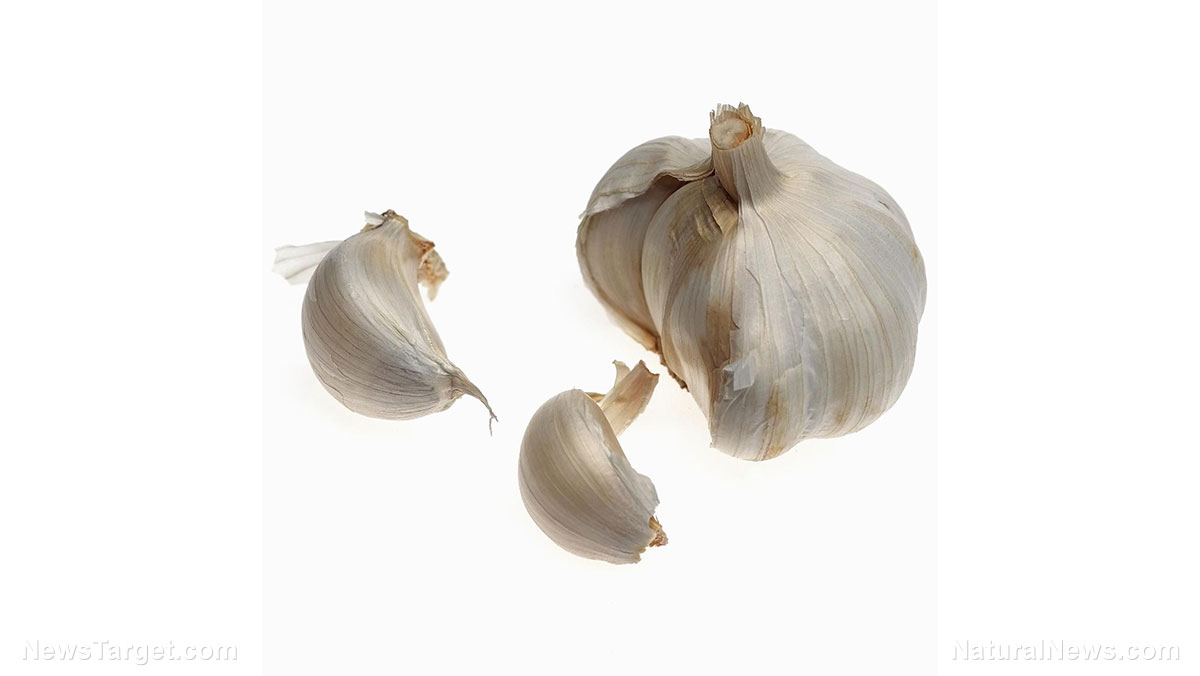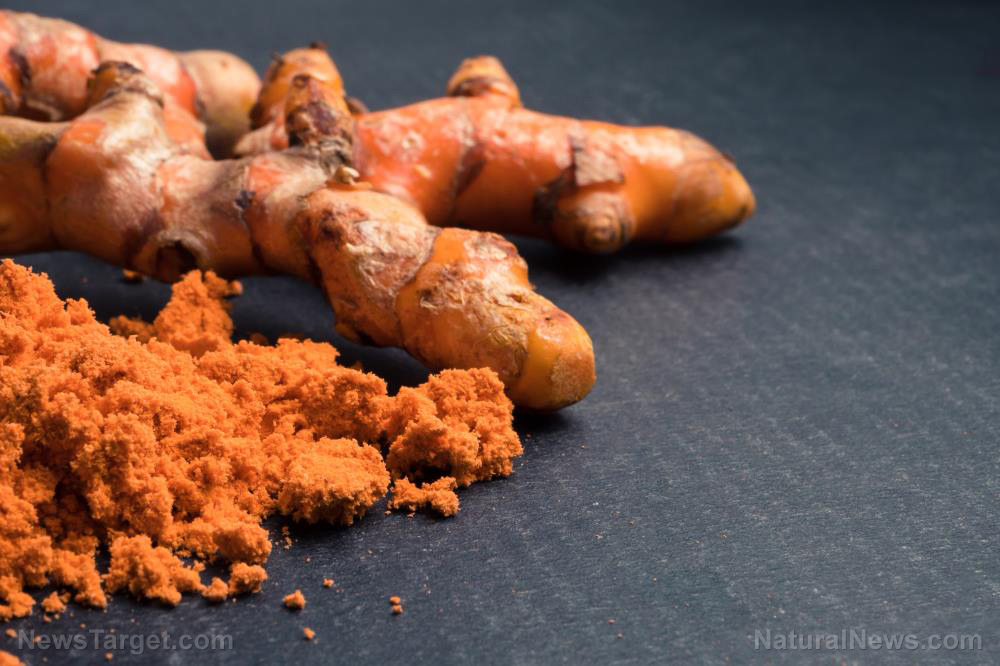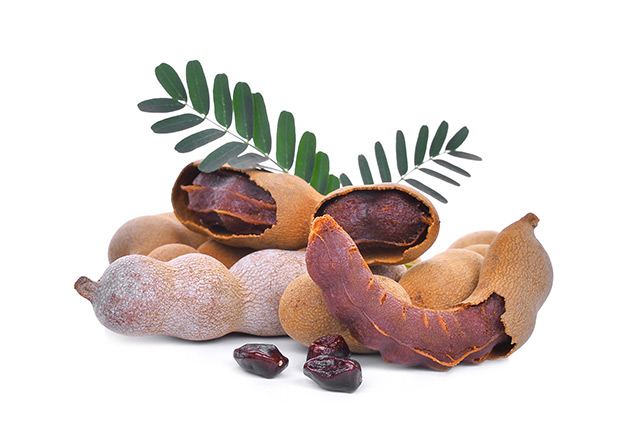The easiest way to stop antibiotic resistance is to start eating (and growing) organic
11/23/2018 / By Edsel Cook

The excessive use of antibiotics in farming has led to many disease-causing microbes to develop resistances to commonly-used pharmaceuticals. The best way to protect yourself against these superbugs is to eat organic food, preferably grown by your own hands, an article in Natural Health 365 stated.
Antibiotic resistance has been flagged by both the World Health Organization (WHO) and the Centers for Disease Control and Prevention (CDC) as a danger to global health. In the United States alone, more than 23,000 people die from this condition.
Conventional agriculture is one of the biggest contributors to the appearance of pathogen strains with antibiotic resistance. Farmers applied antibiotics like streptomycin and tetracycline to crops and animals alike to prevent them from catching disease.
In time, the microorganisms in the gut of the animals got used to the high levels of antibiotics. They eventually developed antibiotic resistance. The genetic material responsible for this resistance is not just passed down to later generations of the same species; it can also be given to other species of microorganisms, such as pathogenic microbes.
These harmful microbes become immune to streptomycin and tetracycline. This is bad because these two pharmaceuticals are first line treatments for many diseases, some of them fatal. (Related: U.S. livestock raised for food found to have HUGE levels of antibiotics – five times more than what is allowed in the U.K.)
Glyphosate is not just a toxic herbicide, but an antibiotic
Antibiotics are not the only culprit in the development of strains with antibiotic resistances. The widely-used herbicide Roundup is considered to be another major contributor to the growing dangers of superbugs.
Manufactured by the GMO giant Monsanto, Roundup is sprayed onto corn, wheat, and other important food crops. Its active ingredient is a chemical called glyphosate.
Glyphosate is also patented as an antibiotic by its manufacturer. That means the most commonly-used herbicide in the agricultural industry is also its most heavily-used antibiotic. And excessive antibiotic levels are what spurs the rise of antibiotic resistant microorganisms.
In addition to spawning superbugs, glyphosate can upend the natural order of the beneficial bacteria that live in the human gut. The contaminated person will become more vulnerable to disease.
Glyphosate has been linked with ailments like liver disease and non-Hodgkins lymphoma. It has been labeled a “probable human carcinogen” by the International Agency for Research on Cancer, the cancer research agency of the WHO.
Grow and eat organic food to protect yourself against antibiotic resistance
To reduce the risk of pathogens with antibiotic resistance, switch over to certified organic food. These crops and livestock were raised without any antibiotics, chemical fertilizers, genetically-modified organisms, and synthetic hormones and pesticides.
In addition to significantly reducing the amount of these toxic chemicals that enters your body, organic food also tends to be more nutritious than conventional equivalents. It has a much lower chance of being contaminated by cadmium, a heavy metal that has been appearing more recently in polluted areas.
Organic foods have lower levels of saturated fats. Furthermore, organic animal products contain much higher levels of omega-3 fatty acids that benefit the healthy functions of your body.
They also have better concentrations of natural antioxidants that prevent diseases and associated inflammation. This includes many illnesses caused by bacteria strains with antibiotic resistance.
If you want to treat your animals in a humane manner, organic farming practices are for you. Animals raised in organic conditions are allowed to stay outdoors to enjoy the fresh air and the light of the sun for as long as they like.
Learn how the toxic herbicide glyphosate contributes to the spread of antibiotic-resistant superbugs at Glyphosate.news.
Sources include:
Tagged Under: agriculture, antibiotic resistance, glyphosate, herbicides, natural antibiotics, organic farming, organic food, organics, pandemic, Roundup, superbugs, survival


















